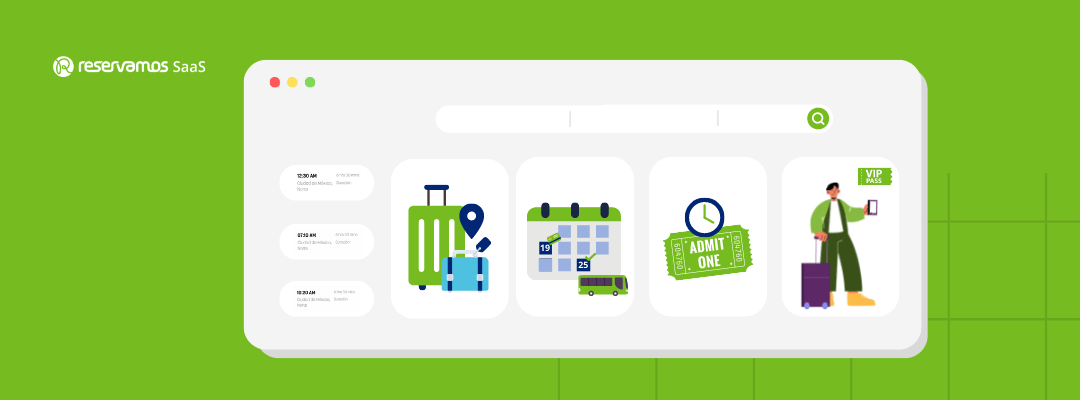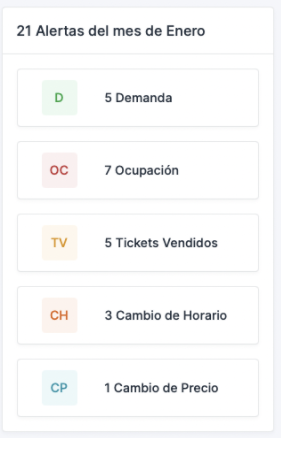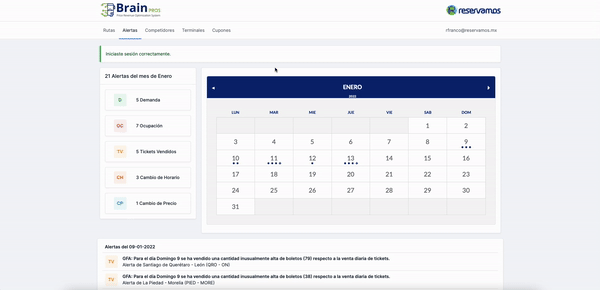
Fare Classes: an attractive and flexible offer for digital travelers
Through Fare Classes, your bus company eCommerce adapts to travelers’ needs and allows you to provide an attractive and flexible offer adjusted to the market.
Bus companies have implemented different strategies, using Reservamos SaaS technology to offer adjusted rates to digital travelers. One case is Greyhound teaming with the Reservamos SaaS development team and implementing 3 differentiated rates in its eCommerce for prices and benefits in baggage, ticket changes, and boarding preferences. The fares are Economic, Extra Economic, and Flexible, where the latter is the most beneficial for the traveler.
Another option to implement Rate Classes is through advance purchase. It is the case of Roll & Bits, which has different rates according to the date chosen to travel and seeks to promote anticipated purchases among digital travelers.
Reservamos SaaS technology brings bus companies the essential tools to increase their competitiveness and get attractive options aligned to what digital travelers are looking for in the market.



